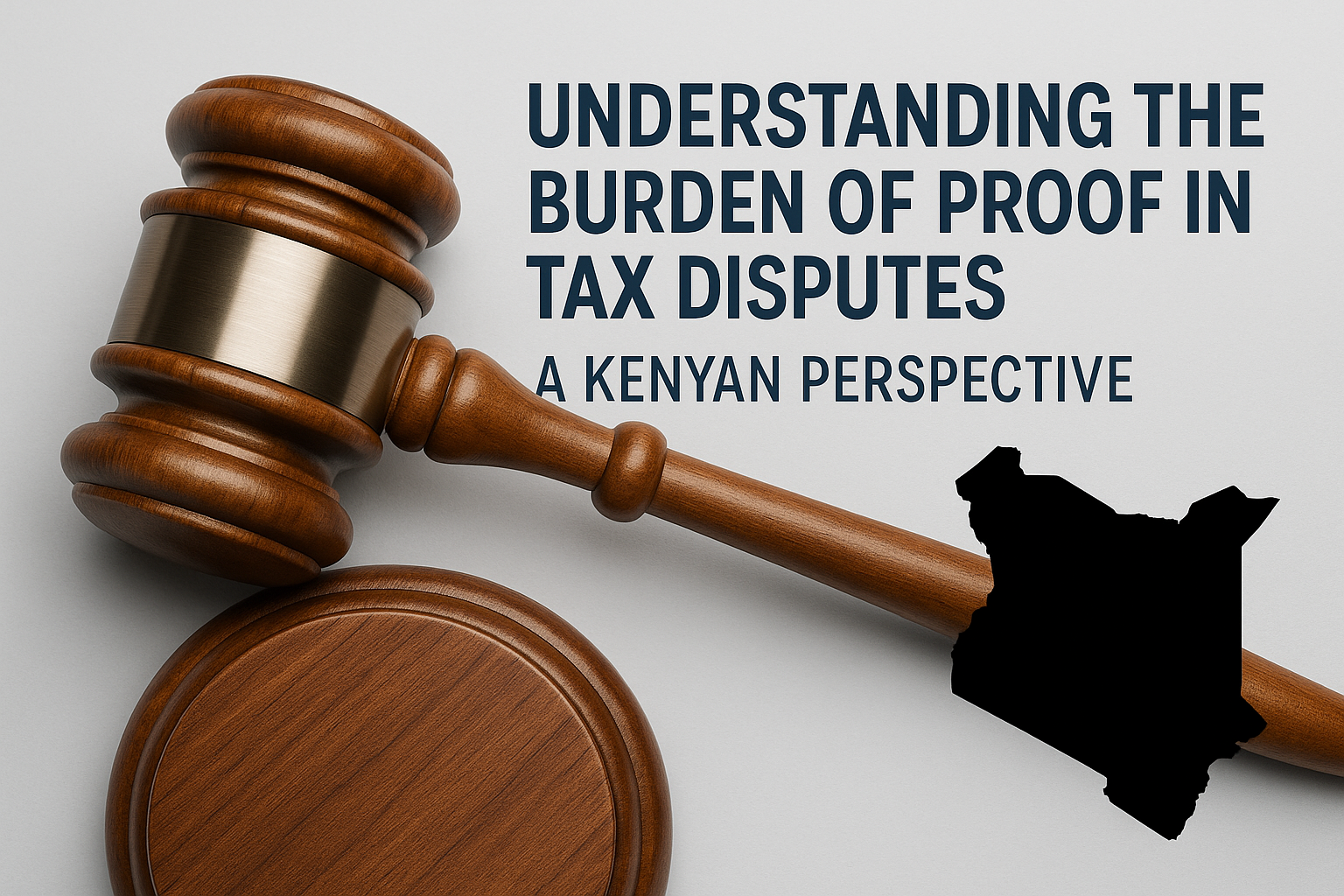Small and Medium Enterprises (SMEs) play a crucial role in Kenya’s economic landscape, contributing significantly to job creation and economic growth. However, navigating the financial challenges inherent in the business environment requires a strategic and resilient approach. This blog delves into key strategies that Kenyan SMEs can adopt to build financial resilience and ensure long-term sustainability.
- Strategic Financial Planning:
Financial resilience begins with strategic financial planning. SMEs should meticulously set achievable financial goals that align with both short-term survival and long-term growth objectives.
This plan should encompass budgeting, forecasting, and risk management strategies, providing a roadmap for financial success.
- Diversification of Revenue Streams:
Overreliance on a single revenue source can leave SMEs vulnerable to economic fluctuations. To enhance financial resilience, SMEs in Kenya should explore opportunities for diversification. This could involve tapping into new markets, introducing complementary products or services, or expanding their customer base to create a more resilient business model.
- Effective Cash Flow Management:
A healthy cash flow is the lifeblood of any SME. Implementing efficient invoicing and payment collection systems is critical to maintaining a positive cash flow.
Negotiating favorable payment terms with suppliers and leveraging digital tools for seamless financial operations can significantly improve cash flow management.
- Access to Financing Options:
While traditional financing avenues may pose challenges, SMEs in Kenya can explore alternative options. Government grants, venture capital, and angel investors offer potential sources of funding.
Additionally, the rise of digital lending platforms provides quicker and more accessible financing options for SMEs.
- Financial Literacy and Education:
Enhancing financial literacy is crucial for SME owners and their teams. Understanding financial statements, budgeting, and financial analysis empowers decision-making. Investing in training programs or seeking guidance from financial experts can contribute to a more informed and financially resilient business.
- Technology Adoption:
Embracing technology is instrumental in streamlining financial operations for SMEs. Accounting software, payment gateways, and digital banking tools can significantly enhance efficiency and reduce the risk of errors. Staying informed about and adopting fintech solutions tailored for SMEs can be a game-changer.
- Risk Mitigation Strategies:
Identifying and mitigating potential risks is a proactive approach to building financial resilience. SMEs should assess market risks, regulatory changes, and external factors that may impact their business.
Developing and regularly updating risk mitigation strategies ensures preparedness for unforeseen challenges.
- Building Strong Relationships:
Cultivating strong relationships with suppliers, customers, and financial institutions is essential for SMEs in Kenya. Open communication channels can prove invaluable during tough times. Discussing flexible payment terms with suppliers and maintaining a customer-centric approach enhances loyalty, contributing to long-term financial resilience.
- Compliance and Regulatory Adherence:
Staying abreast of regulatory requirements and ensuring compliance is non-negotiable for SMEs. Non-compliance can lead to financial penalties and reputational damage. A solid legal and regulatory framework not only protects the business but also instills confidence among stakeholders.
- Continuous Monitoring and Adaptation:
Financial resilience is an ongoing process that requires vigilance. Regularly monitoring financial performance, assessing the effectiveness of strategies, and being ready to adapt to changing market conditions are paramount. Flexibility and agility are key attributes that enable SMEs to navigate uncertainties successfully.
Conclusion:
In Kenya’s dynamic business environment, building financial resilience is not a one-time effort but an ongoing commitment. Strategic financial planning, diversification of revenue streams, effective cash flow management, access to financing, and embracing technology are integral components of a resilient SME. Kenyan SMEs can not only weather economic uncertainties but also position themselves for sustained growth and success in the long term. Start where you are; engage a professional to guide you incorporate these strategies.














